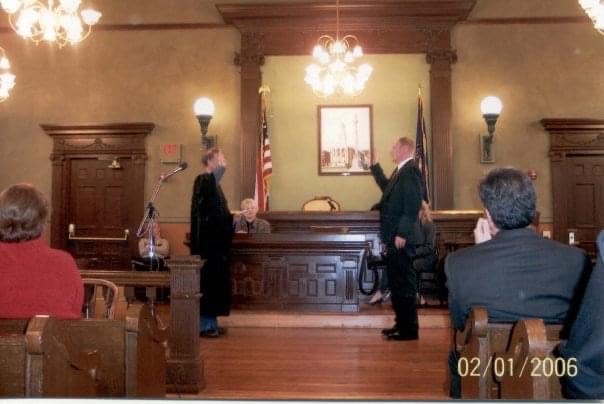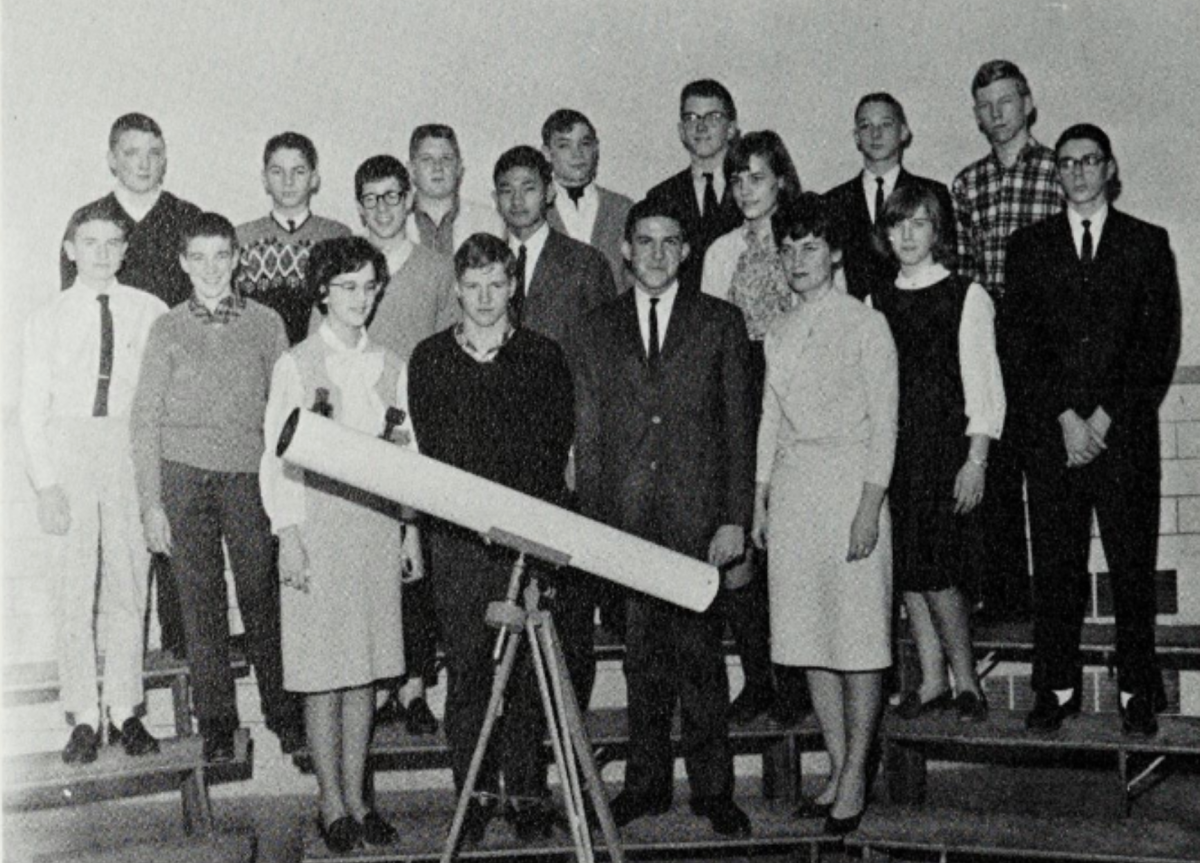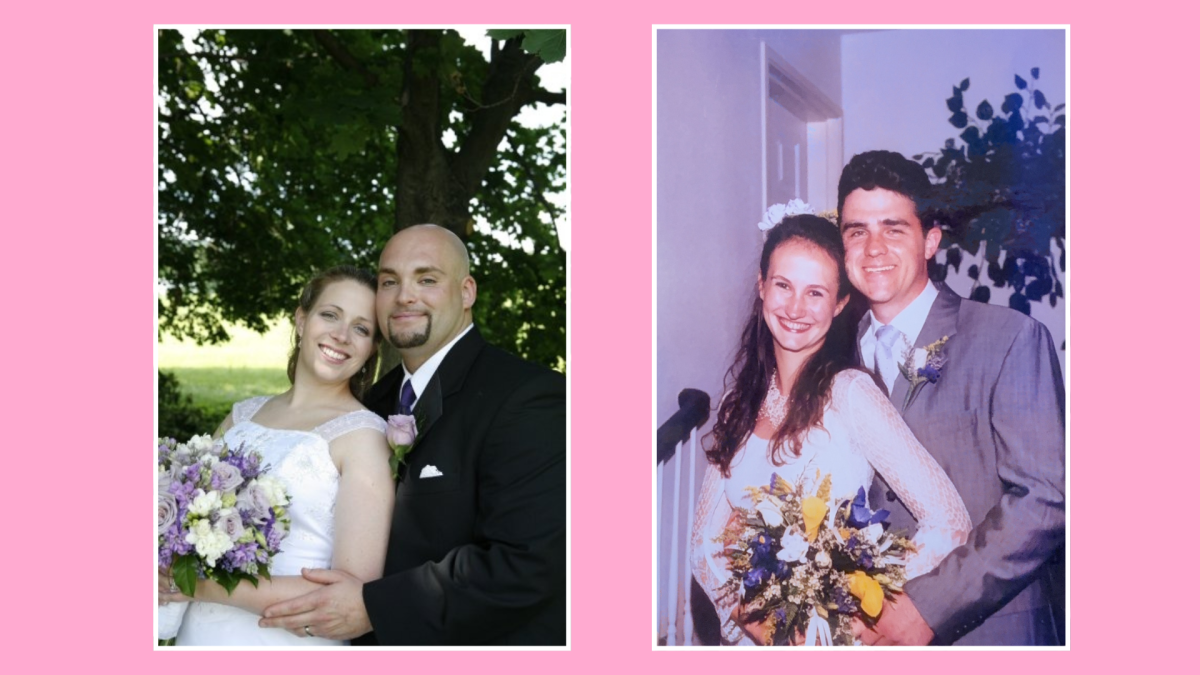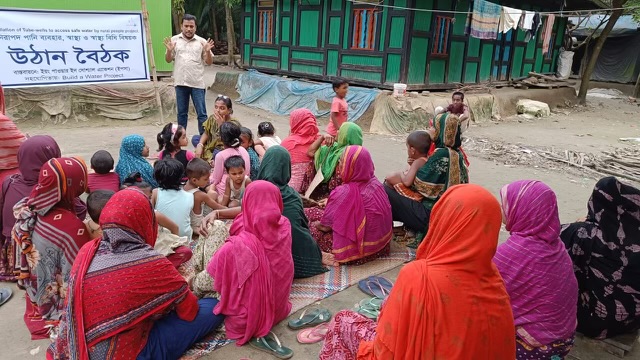Joshua Henry has been teaching high school government classes since 2001, but many of his students may be unaware of his firsthand experience in local government. Henry worked as a high school teacher in his 10,000-person hometown of Lewistown, Pennsylvania when he decided to run in the 2004 mayoral election.
“Growing up, my family was always involved in local issues. When I got back to my hometown as an adult, I began to attend city hall meetings and political party functions,” Henry said. “I went to hear people speak. I just found it very interesting.”
Henry’s community involvement gave rise to his sudden political career, as town members began to identify him as a qualified candidate for a government position.
“I networked with people who were involved in local government and started making connections, which really opened the door to my participation in [leadership],” Henry said. “Once [I made] the connections, people approached me about potentially running for mayor, which is when the opportunity arose.”
The election process involved door-to-door campaigning, where Henry interacted with town members, directly speaking to them about their needs and what changes they would appreciate for the community in the future.
“My goal was to be as visible as possible and to show that I was going to take the position very seriously,” Henry said. “I wanted to use the position as a way to connect with the community, almost as a liaison, to try and get people involved with our revitalization efforts.”
Once appointed into office, Henry’s main focus was revitalizing the town’s economy, which had suffered significantly after the businesses fueling the previously prospering steel dependent community had left. He was also focused on providing the public with a say in policing issues after the town’s police department had merged with other towns in the area. However, his largest issue during leadership involved a completely different sector.
“The biggest issue that I got involved with was emergency management, because we had a significant flood while I was in office. We had to make some adjustments and [drastically] reevaluate our emergency management plan,” Henry said. “[It] was right about the time that Hurricane Katrina happened, so there was a big push from the federal government to improve emergency management at the local level.”
This calamity prompted Henry to make administrative decisions that would better the lives of town members through cooperation and collaboration.
“This was probably the issue where I accomplished the most,” Henry said. “Consolidating some of the operations, I worked with the surrounding municipalities to try and develop a better level of communication between our town and the surrounding communities.”
Following the end of his term in office, Henry reflected on the memories of his leadership optimistically, certain that it had shaped him into a more politically conscious citizen.
“There’s so much that goes into running a community, so I think that the more engaged you are, the more you can address problems that might be affecting your life directly,” Henry said. “It was a great learning experience.”
Henry’s time in office gave him the experience to be a more refined and insightful government teacher.
“As a teacher, [my time as mayor] really solidified the importance of civic education in my mind,” Henry said. “My mission as an educator is to help people understand why civic education and getting engaged is so important.”








